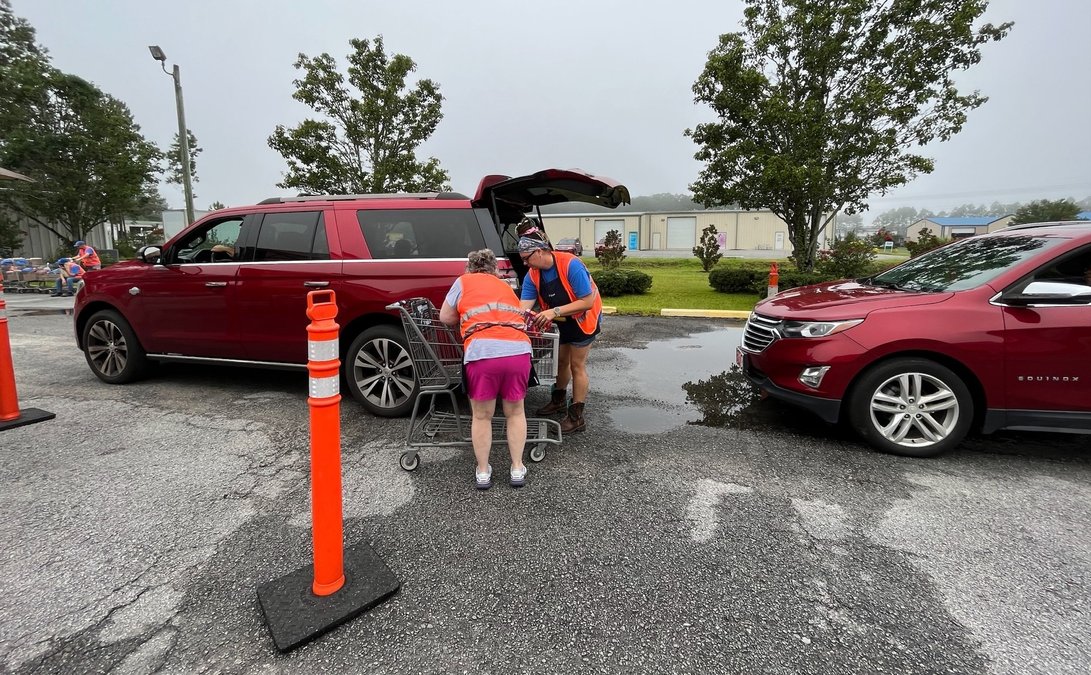Effingham County commissioners will take another crack at a proposed ethics policy for the board.
Commissioners also remained on the split on the ethics policy, which would establish guidelines for the commissioners and their appointees to various boards.
“If you don’t have anything to hide, why would you not want it?” asked Commissioner Verna Phillips said.
Commissioner Bob Brantley and Chairman Dusty Zeigler also voiced their support for an ethics policy.
“Personally, I don’t see no reason for it whatsoever,” Commissioner Reggie Loper said. “The way you replace commissioners is the same way you put them in there — the people who put them in there can get them out.”
County Administrator David Crawley and county attorney Eric Gotwalt have made additional amendments to a draft ordinance presented to commissioners earlier this month. They also reviewed several ethics ordinances in revising the draft policy for the commissioners and board appointees from the commissioners.
Crawley and Gotwalt removed the provision for an ad hoc committee for ethics reviews.
The commissioners’ representatives on the hospital authority poses an interesting question, Gotwalt said, because the commissioners don’t pick a hospital authority member but instead forward the names of three nominees.
Gotwalt said the ordinance also gives a clearer definition of what a conflict of interest is.
“I feel the guidelines the ordinance provides are good ones,” he said. “I think there is a value in having some of the standards defined — what is a benefit? When can you accept a meal? I think those things are helpful.”
Yet he also said he has misgivings about ethics ordinances that set up appeals boards and ad hoc committees.
“If you’re going to appoint a citizens’ board or a review board, then why did the citizens elect you?” he said to commissioners in explaining his skepticism. “Those things can get politicized very easily. One of the misgivings I have is it can get politicized.”
Some of the model ordinances, Gotwalt pointed out, have a citizens advisory committee that is appointed. Commissioners could appoint a special master and appeals from that could be heard in superior court.
“It just seems like an endless path of litigation,” he said.
There exist remedies in the law to cover such instances as conflicts of interest in voting on zoning matters, Gotwalt said.
“Which this ordinance has that you don’t have elsewhere are specific standards and there is some value to those,” he said.
Loper said the commissioner’s handbook spells out what a commissioner can’t do and that most of it is common sense.
“We’re not talking about common sense,” Brantley countered. “We’re talking about ethics. Every profession has ethics."
Commissioner Myra Lewis said she wasn’t against having an ethics policy but the current draft is too broad.
For claims of ethics violations by a commissioner or a board appointee, the hearing would be held by the rest of the commissioners. Gotwalt suggested they could appoint special master to listen to the evidence and make a recommendation to the commissioners not involved in the conflict.
“Ultimately, the board of commissioners would make the decision,” he said. “You could go so far as to ask for another commissioner’s resignation.”
The commissioners will submit their comments to Crawley and Gotwalt for another hearing on it for the Sept. 7 regular meeting.








